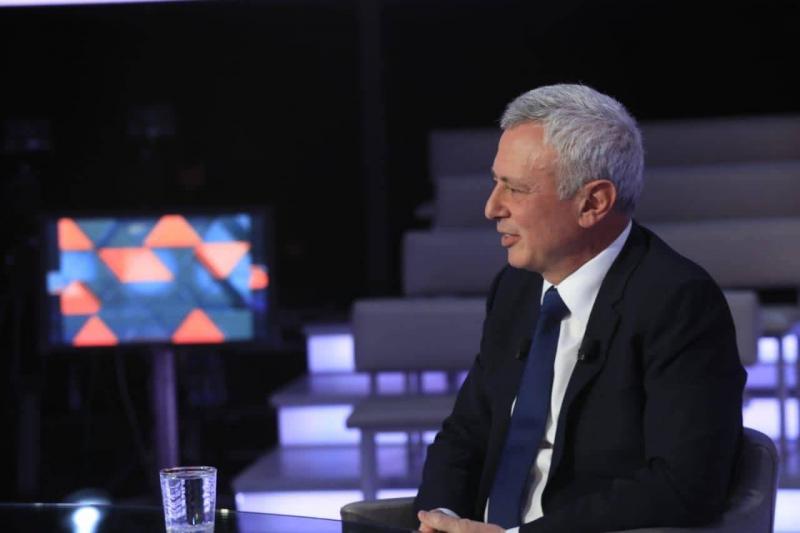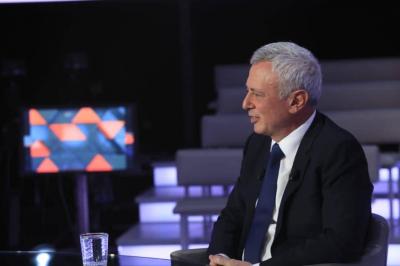Suleiman Franjieh, the head of the "Mardini" movement, heralded a "new phase after the end of President Michel Aoun's term, the contours of which we do not yet know." He stated, "Lebanese people should be optimistic; they have the ability to change reality or continue on the same path."
In an interview with Marcel Ghanem on the program "Saar al-Waqt" on MTV, Franjieh commented that Aoun "did not allow anyone to assist him in achieving his accomplishments," adding that every president should consider what legacy they will leave for their country during their term. He noted, "We cannot hold the term responsible for everything that is happening; this is due to the economic policies adopted since the 1990s." He called for "turning the crises we are witnessing into an opportunity to innovate solutions and initiatives to rescue Lebanon and its citizens." He affirmed that "a settlement is inevitable, and we must exploit it to revitalize Lebanon within a new system for managing the state."
He expressed understanding for the people who rose up on October 17, as they protested against a flawed reality, urging the preservation of the banking system, not the banks themselves. Franjieh stated, "Christians will remain here because Lebanon is a country of freedoms and diversity." He emphasized that "the first loss for Christians occurred during the period of annulment." He added, "I am Arab, I support national reconciliation and coexistence regardless of changing circumstances."
While stressing that "populism will prevent tax increases before the elections, and raising the minimum wage has become a pressing necessity," Franjieh remarked, "There will be no strategic change in the elections; the current system allows sects to undermine the National Pact, and President Aoun was elected with a third, not a majority." He said, "If the one who gains the largest parliamentary bloc will assume the presidency, there is no need for presidential elections."
He viewed that "the President of the Republic should be at least known, and not necessarily the leader of the largest Christian bloc in parliament." Franjieh concluded, "I act according to my convictions with my allies, and if we reach the presidential elections and the circumstances are in our favor, we will see at that time." He added, "If the presidential elections become a battle of clashes, they will not happen... I do not covet the presidency, and my dignity always comes before it."




